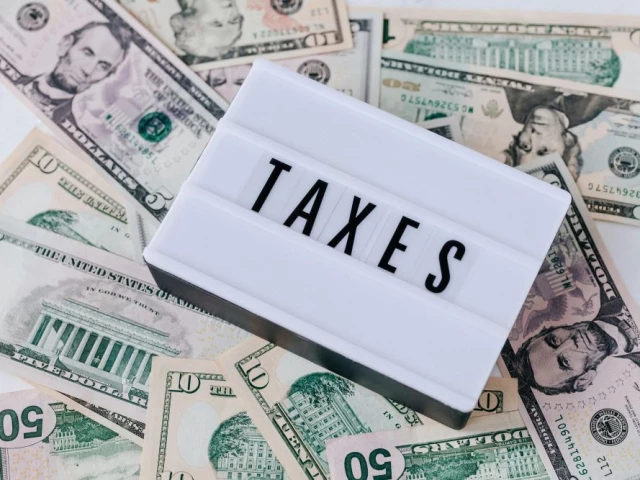Washington to announce reciprocal tariffs next week
Countries being hit not yet named; Republicans to unveil ambitious tax, spending package this weekend

President Donald Trump said on Friday he plans to announce reciprocal tariffs on many countries by Monday or Tuesday of next week, a major escalation of his offensive to tear up and reshape global trade relationships in the US' favour.
Trump did not identify which countries would be hit but suggested it would be a broad effort that could also help solve US budget problems.
The move would fulfil Trump's campaign promise to impose tariffs on American imports equal to rates that trading partners impose on American exports.
He said auto tariffs remained on the table amid reports that the White House was weighing potential exemptions.
The new US president has long complained about the EU's 10% tariffs on auto imports being much higher than the US car rate of 2.5%. He frequently states that Europe "won't take our cars" but ships millions west across the Atlantic every year. The US, however, enjoys a 25% tariff on pickup trucks, a vital source of profits for Detroit automakers General Motors, Ford and Stellantis' US operations.
Trump's Commerce secretary nominee Howard Lutnick voiced concerns about India's high tariff rates, while US Trade Representative nominee Jamieson Greer discussed US complaints about Vietnam's and Brazil's tariffs and trade barriers.
The US trade-weighted average tariff rate is about 2.2%, according to World Trade Organisation data, compared to 12% for India, 6.7% for Brazil, 5.1% for Vietnam and 2.7% for European Union countries.
Trump and top aides have said they plan to use higher tariffs on foreign imports to help pay for extending Trump's 2017 tax cuts, which independent budget analysts say could add trillions of dollars to the US debt.
Increased tariffs could offset some of that cost, though they have only accounted for about 2% of annual revenues in recent years.
Trump announced tariffs of 25% on Canada and Mexico on Saturday but delayed them after a negative reaction from investors. The two largest US trading partners agreed to increase enforcement efforts at the border, a top Trump priority.
US consumer sentiment dropped to a seven-month low in February, and attitudes soured among Republicans as households took stock of what they believe will be a surge in inflation from Trump's tariffs.
Trump and his Republicans aim to unveil their ambitious tax and spending package this weekend.


















COMMENTS
Comments are moderated and generally will be posted if they are on-topic and not abusive.
For more information, please see our Comments FAQ